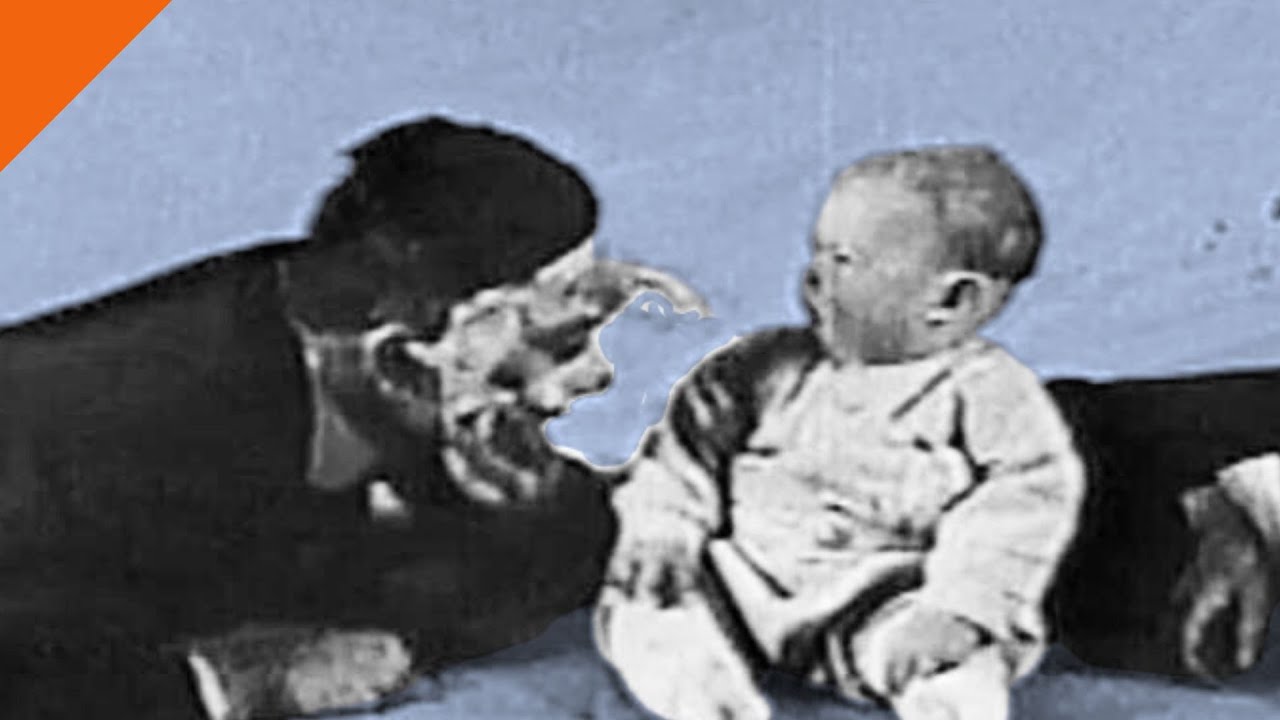The Little Albert Experiment conducted by John Watson in the 1920s aimed to condition fear in a baby named Albert towards neutral stimuli by pairing them with loud noises. The unethical nature of the study, lack of scientific validity, and lasting impact on the subject highlight the importance of ethical considerations in research practices and the need for protection of participants’ well-being.
The Little Albert Experiment is a notorious study that delves into the realm of classical conditioning, popularised by psychologist Pavlov and his dogs. The study aimed to investigate whether fear could be conditioned in individuals towards previously neutral stimuli. Conducted by John Watson in the 1920s, the experiment involved exposing a baby named Albert to various objects, initially without fear responses. However, in the conditioning phase, Albert was subjected to loud noises paired with the objects, causing him to develop a fear response to those stimuli. The unethical nature of the experiment, which involved the unauthorized use of a baby without parental consent, led to Albert being traumatized and crying during the procedure.
Watson’s plan included a deconditioning phase to reverse the fear response in Albert by exposing him to the stimuli without the loud noises. However, Albert’s mother intervened and removed him from the study before this phase could be conducted. The identity of “Little Albert” remains a mystery, with conflicting theories suggesting possible candidates. One theory points to Douglas Meritt, who tragically passed away at a young age, while another theory suggests William Albert Banger, who lived a full life but harbored a dislike for dogs and animals. The experiment’s ethical concerns, lack of scientific validity due to its small sample size and absence of a control group, highlight the need for ethical oversight in research studies.
The Little Albert Experiment showcases the potential for conditioning fear in individuals towards innocuous stimuli, raising questions about the lasting impact of such experiments on the subjects involved. The study’s unethical nature, involving the unauthorized use of a baby and inflicting trauma on the subject, underscores the importance of ethical considerations in research practices. The controversial nature of the experiment continues to spark debate, with ongoing efforts to identify the true identity of “Little Albert” and understand the long-term effects of such conditioning experiments. Despite its place in psychology education as a cautionary tale, the Little Albert Experiment serves as a stark reminder of the ethical boundaries that must be upheld in scientific research to protect the well-being of participants.
